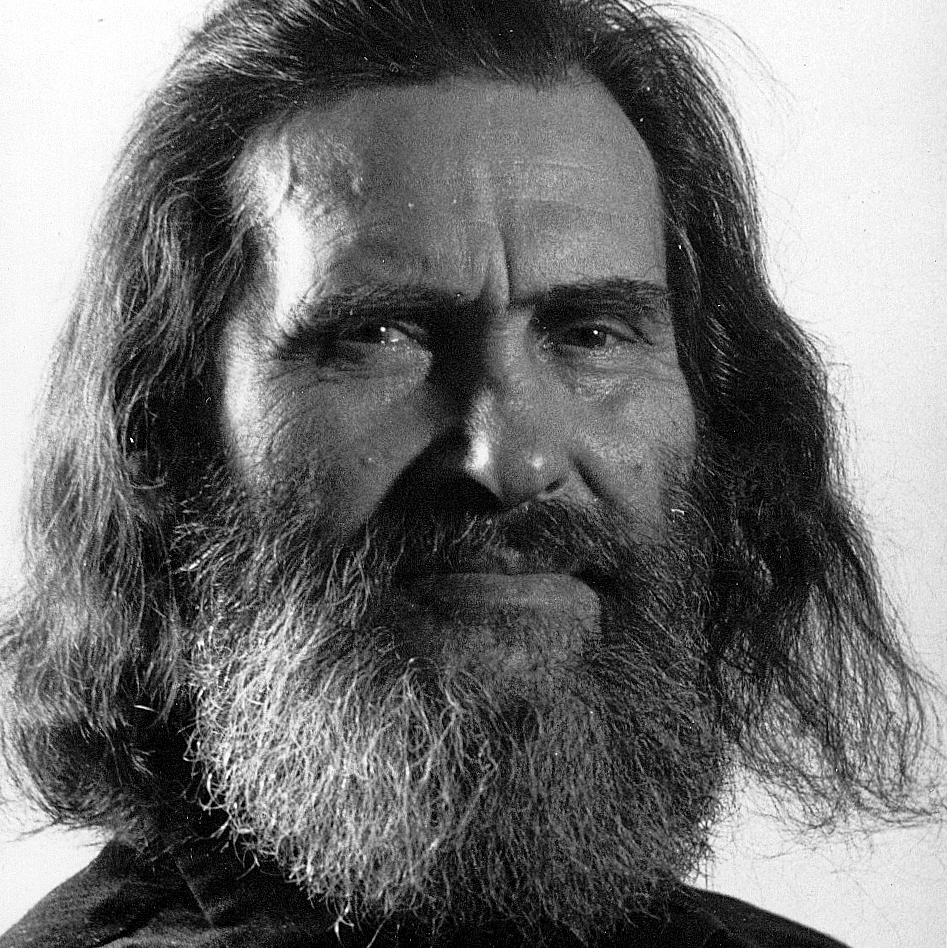
Boris Chetkov
/1926 – 2010/
Boris Chetkov was a painter and glass artist whose vibrant, emotionally charged works bridged abstract and figurative expressionism. Born into a kulak family in Sverdlovsk Oblast, his early life was marked by hardship—his family was exiled during Stalin’s collectivization, and at 16, he was imprisoned in a Gulag for "hooliganism." Later, he was conscripted into a penal battalion and fought in WWII. These experiences shaped his resilient spirit and fierce independence as an artist.
Despite a late start in formal education, Chetkov studied under prominent art figures and developed a unique style rooted in experimentation and bold color. In the late 1960s, he became the chief glass artist at a factory in Malaya Vishera, where he pioneered innovative glass techniques. This work deeply influenced his painting, giving it a distinctive luminosity and layered depth. Though his glass art gained global exposure, it was shown under the banner of the USSR, not his name.
Chetkov’s paintings, often abstract and emotionally intense, defied the norms of Soviet art. He worked largely in isolation, his canvases glowing with rich color and expressive energy. With glasnost and the fall of the Soviet Union, his creativity flourished. He exhibited internationally in the 1990s and met Ernst Fuchs in Vienna, who encouraged him to position his work within Fantastic Realism. Later, American collector Kenneth Pushkin recognized his genius and preserved his life’s work. Today, Chetkov is remembered as a powerful, original voice in Russian post-war art.